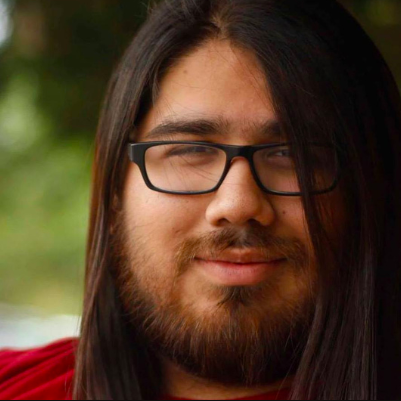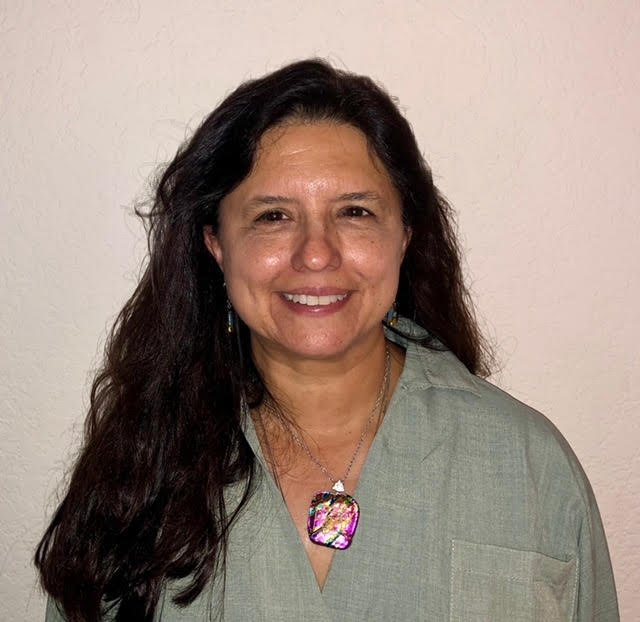Awake Blog
Welcome to the Awake Blog! If you’re new to Awake, we recommend you check out these top blog posts from our archive.
Sign up here to receive an email notification when a new blog post is published!

Why Have Many Survivors of Church Abuse Suffered Previous Trauma?
This week we revisit helpful information from expert Pete Singer of GRACE, who explains why victim-survivors of harm in the Catholic Church often have previous trauma histories.

How to Grow in the Aftermath of Trauma
When someone has suffered deep wounds from a traumatic event such as sexual abuse, how can they move beyond the pain to achieve healing and growth? We posed this question to Mitch Mueller, LPC, a Catholic psychotherapist from West Bend, Wisconsin.

Awake’s Top 10 Blog Posts of 2024
As we embark on a new year, it’s a good time to review our 10 most popular blog posts from 2024. This allows you to catch up on any you might have missed!

The Power of Pets in Trauma Healing
Many survivors in the Awake community say pets have been key in helping them heal from the trauma of abuse. To understand why animals can be so beneficial, we spoke to Philip Tedeschi, clinical professor in the Graduate School of Social Work at the University of Denver and founder of the Institute for Human-Animal Connection.

Courageous Conversation: Why We Must Work Toward a Trauma-Sensitive Church
Our latest Courageous Conversation, “Cultivating a Gospel Response to Trauma,” considered why Catholics are called to create faith communities sensitive to the needs of people with traumatic wounds, including those who have been abused in the Church.

Confronting the Catholic Church’s Role in Native American Boarding Schools
We revisit our 2023 interview with Maka Black Elk, who is committed to hearing the stories of Native people hurt in boarding schools run by Catholic religious orders. As a Catholic and member of the Oglala-Sioux tribe, he shares how he has grappled with the Church’s role in this harm.

Awake Warmly Welcomes New Associate Director, Whitney True Francis
On September 4, Awake joyfully welcomed Whitney True Francis, our second full-time staff member. As she begins her work with Awake, we asked Whitney a few questions about her background, personal life, and hopes for this role.

How Can We Make Churches More Trauma-Informed? Start with These 6 Principles
To make churches safe for all, faith communities need a deep understanding of the concept of trauma.

What is Institutional Betrayal? And How Does It Relate to Church Abuse?
Institutional betrayal occurs when leaders of an institution fail to protect members from harm or do not respond with support if someone reveals that they’ve been hurt.

How Parish Leaders Can Better Serve People with Traumatic Wounds
Trauma experts say every parish needs clergy and church staff who are trained to recognize trauma in the people they serve. Here are six things church leaders need to know about trauma.

Polyvictimization: Why Many Victim-Survivors of Church Abuse Have Suffered Previous Trauma
When victim-survivors of sexual abuse by Church leaders share their stories, some mention that they experienced previous abuse or trauma even before they were harmed in the Church. Trauma researchers report that this is not uncommon. People who…

Kathleen Klamka
“If I was the only victim I don’t think I could keep going. But I think of someone else’s story and that keeps me motivated.”

The Power of Pets in Trauma Healing
When Jessica met Josie, she quickly knew they would make a good team. Josie is a goldendoodle that Jessica adopted last summer. “She had just had a bath and was hiding under a chair in their living room…

6 Things Never to Say About Survivors of Clergy Abuse
Back in 2021 I wrote a blog post for Awake that covered some of the hurtful things that people sometimes say to clergy abuse survivors, along with more supportive things they might say instead. Many people read it and several survivors—including my mom—responded with additional things that they’ve heard from Catholics and would add to the list.

Called to the Foot of the Cross: Why the Church Needs a “Catechesis of Survivor Stories”
Today we revisit a post from November 2021 about efforts by a Jesuit priest and researcher to help the Catholic Church heal by making stories from abuse survivors a regular part of Church life. Gerard McGlone, SJ, a Jesuit priest and researcher, believes all Catholics should regularly hear the stories of people who have experienced sexual abuse in the Church.

Grappling with the Church’s History as a “Perpetrator Institution”
As Executive Director for Truth and Healing at Red Cloud School in Pine Ridge, South Dakota, Maka Black Elk holds a complex set of identities. He is a member of the Oglala-Sioux Tribe, the son and grandson of people who attended an Indian boarding school, and a survivor of childhood sexual abuse…

What Should I Do If Someone Tells Me They’ve Been Abused? The 5-Step VEEEL Method
This week we revisit this terrific advice from Deborah Rodriguez, MD, who spells out how to respond if someone discloses their abuse to you. It’s helpful for anyone who wants to respond to victim-survivors with healing compassion.

Deborah Rodriguez
“The greatest challenge I have had to endure as a survivor is shame. Because others forced me to keep silent about the abuse, I thought I was the one at fault, that I had done something wrong.”

Courageous Conversation: Abuse Survivors Share What They Want Catholics to Understand
Last week, Awake Milwaukee launched the third season of its popular Courageous Conversations series with “What I Want Catholics to Understand,” a panel discussion that featured five victim-survivors of abuse in the Catholic Church. A recording of the conversation is now available on Awake’s YouTube channel. Here we offer a summary of the main insights shared during the conversation, which was moderated by Sara Larson, executive director of Awake Milwaukee.

Carol Longsdorf
“One of the most helpful things is working with a trauma therapist who has helped me understand why childhood trauma is so very difficult to uncover.”
